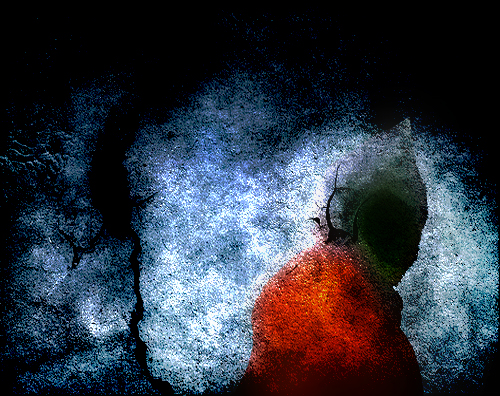In my October rabble column, I spoke about the horrible treatment of Abu Wa’el Dhiab, one of the Guantanamo detainees who was abusively force-fed by his American guards to dissuade him from continuing his two-year-long hunger strike. In that article, I wrote that Abu Wa’el Dhiab was another example of the collateral damage of the War on Terror, and indeed he was, as U.S. officials proved recently.
A few days ago, we learned in the news that Abu Wa’el Dhiab was released from Guantanamo after being detained there for over 12 years. He was never charged with any crime. Abu Wa’el was sent to Uruguay, a country that accepted him as a refugee, along with five other detainees. Apparently, the transfer deal was sitting for a year on the desk of Chuck Hegel, the embattled U.S. Defense Secretary, before it was finally approved.
The same week Abu Wa’el was released, the Obama administration, purely for political reasons, released a “doctored summary version” of a CIA report about the “creative” torture methods conducted in what came to be known as black sites.
I am still trying to figure out how to interpret some of the U.S. officials’ reactions, warning the public that release of the report might pose security threats to American interests around the world. What exactly does this mean? They weren’t concerned about what is inside the report but how the report would be perceived? Another thing: implied by this strange reaction is that the Muslim public is impulsive and prone to behaving like savages (remember their riot reaction to the Danish cartoons, the officials implied).
The messages these officials are sending seems to suggest that we, Americans, have the absolute right to be uncivilized. It is OK for us to torture people, to sexually assault them, to waterboard them, to make them endure sleep deprivation, to keep them on the cold cement until they die — but you, Muslim public, you should be respectful, civilized, democratic and well-behaved.
This same attitude is applied when dealing with Abu Wa’el Dhiab. When the decision to release him became official, his lawyers and supporters sent him mango juice to ease his pain and to put an end to his continual hunger strike. What the U.S. officials did was horrific: they confiscated the mango juice. Up to his final release, the U.S. didn’t care about Abu Wa’el Dhiab’s health; all that mattered to them was their public image. They didn’t want people to see the bad shape Abu Wa’el was in as a direct result of their actions, and so they even banned the release of any tape recording his health. Or as Cori Crider, Abu Wa’el Dhiab’s attorney, better phrased it: “the U.S. defense department is strikingly keen to be sure evidence of that suffering never sees the light of day.”
The Americans are not the champions of this attitude; Syrian torturers beat them to it many years ago.
When my husband Maher Arar was held and tortured in solitary confinement, the Syrians jailers didn’t care about his health, his well-being or suffering. But when they knew he was going to be released, they sent him to another prison, where he could see other prisoners and have a “vacation” from the underground cell where he was kept for over 10 months. The Syrian officials were concerned about how the Canadian public would judge them, through the frail look of Maher Arar.
But despite all these strategies, tactics and hiding games, the ugly truth surrounding the War on Terror is slowly emerging from the darkness into the light of day. Now, it is up to us to forcibly and continuously denounce it, and call for justice for all of its victims.
Monia Mazigh was born and raised in Tunisia and immigrated to Canada in 1991. Mazigh was catapulted onto the public stage in 2002 when her husband, Maher Arar, was deported to Syria where he was tortured and held without charge for over a year. She campaigned tirelessly for his release. Mazigh holds a PhD in finance from McGill University. In 2008, she published a memoir, Hope and Despair, about her pursuit of justice, and recently, a novel about Muslim women, Mirrors and Mirages. You can follow her on Twitter @MoniaMazigh or on her blog www.moniamazigh.com
Image: Lance Page / t r u t h o u t; Adapted: takomabibelot, Poe Tatum



